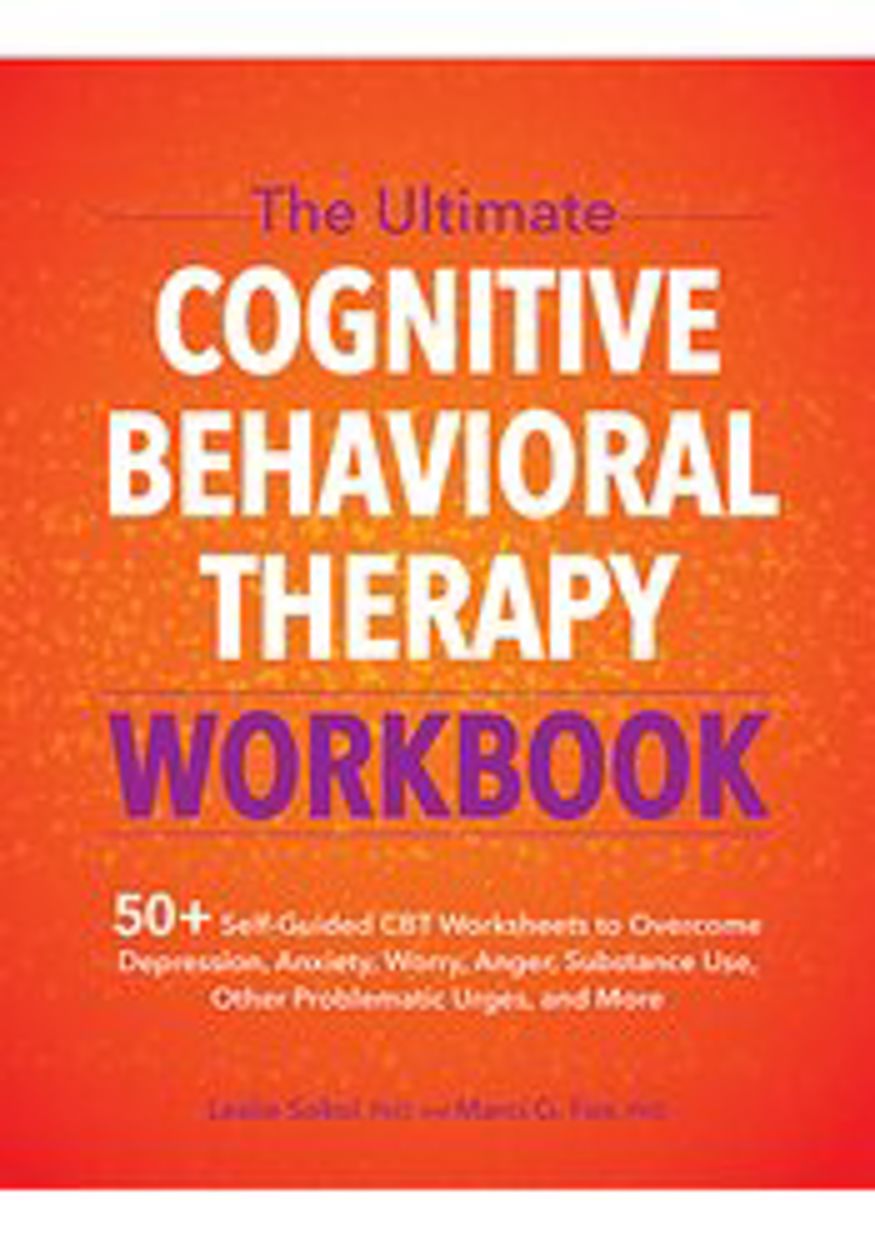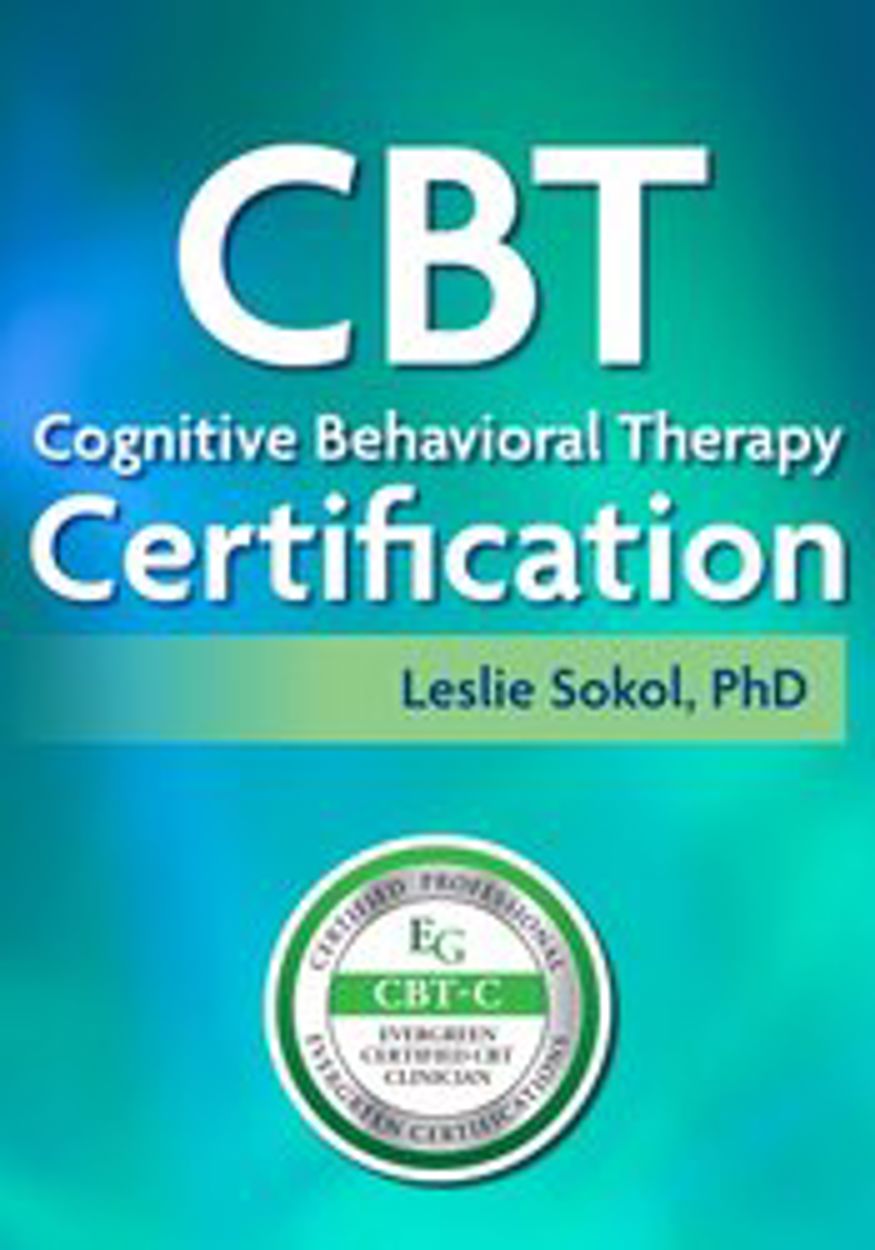The Hidden Impact of Core Beliefs on Mental Health

Grasping a client’s core beliefs is the key to understanding their reactions to life’s triggers. This technique is called cognitive conceptualization. Everyone responds differently to various situations and events; these responses are influenced by a person's fundamental self-beliefs. When a triggering event occurs, the automatic thoughts that follow are not random; instead, they stem from a core set of beliefs that clients have shaped about themselves since childhood. If these core beliefs are tinged with self-doubt, they can cause clients to view triggering situations negatively, leading to distressing reactions.
As therapists, it’s important to understand that self-doubt often centers around two primary themes: desirability and competency. When clients find themselves doubting their desirability, they may perceive themselves as unattractive, unlikeable, unwanted, or unworthy. On the other hand, doubts about competence can lead clients to view themselves as failures, inadequate, helpless, useless, or incapable. These both have detrimental effects on mental health, commonly leading to struggles with anxiety, feeling comfortable in their bodies, and depression.
A person’s biological nature, combined with their childhood, influences the development of their core values and beliefs. For example, a client who often felt overshadowed by an older sibling throughout their childhood might develop a sociotropic personality type because they constantly battled their sibling for their parent’s acceptance growing up. On the other hand, a person who grew up without competing for a parent’s approval might have an autonomous personality type because they were never conditioned to compete for attention.
It’s important to note that where individuals fall on this continuum can shift over time, sometimes becoming more extreme or just settling in the middle. Major life events, such as getting married, having a divorce, having children or grandchildren, starting a new job, or even moving can influence their positioning. Some people may also oscillate between the two personality styles, finding themselves somewhere in the middle but leaning towards one side or the other.
The following are examples of events that can bother sociotropic personality types:
In these free worksheets from The Ultimate Cognitive Behavioral Therapy Workbook, you'll find strategies to help clients understand their core beliefs on a deeper level, allowing them to better respond to triggers, and begin to mend their relationship with self-worth.
As therapists, it’s important to understand that self-doubt often centers around two primary themes: desirability and competency. When clients find themselves doubting their desirability, they may perceive themselves as unattractive, unlikeable, unwanted, or unworthy. On the other hand, doubts about competence can lead clients to view themselves as failures, inadequate, helpless, useless, or incapable. These both have detrimental effects on mental health, commonly leading to struggles with anxiety, feeling comfortable in their bodies, and depression.
Identifying Core Beliefs
To fully understand a client’s core beliefs, you must first understand personality style and values. Personality exists on a continuum between sociotropy and autonomy. Those with a sociotropic personality tend to prioritize interpersonal relationships above all else. These personality types seek to be accepted, valued, and desired by others. On the other hand, individuals with an autonomous personality style value achievement, mobility, and independence. Those with an autonomous personality type are typically striving to be seen as competent, capable, and strong by their peers.A person’s biological nature, combined with their childhood, influences the development of their core values and beliefs. For example, a client who often felt overshadowed by an older sibling throughout their childhood might develop a sociotropic personality type because they constantly battled their sibling for their parent’s acceptance growing up. On the other hand, a person who grew up without competing for a parent’s approval might have an autonomous personality type because they were never conditioned to compete for attention.
It’s important to note that where individuals fall on this continuum can shift over time, sometimes becoming more extreme or just settling in the middle. Major life events, such as getting married, having a divorce, having children or grandchildren, starting a new job, or even moving can influence their positioning. Some people may also oscillate between the two personality styles, finding themselves somewhere in the middle but leaning towards one side or the other.
Understanding Vulnerability
Ensuring that clients understand the vulnerabilities attached to their personality style can help prevent self-doubt before it strikes. For example, those with a sociotropic personality are most likely to experience self-doubt when facing social conflict, as it activates their underlying beliefs of self-worth. On the other hand, individuals with an autonomous personality will feel self-doubt when their performance or independence is threatened. This self-doubt increases their vulnerability to distress.The following are examples of events that can bother sociotropic personality types:
- Disagreeing with others
- Feeling rejected or insulted, whether real or imagined
- Being left out or not included
- Having someone upset with them
- Feeling awkward in social situations
- Not being called or texted back
- Being judged or insulted, especially because of their character
- Being criticized regarding their performance, whether real or imagined
- Feeling as though they have no control
- Losing their independence
- Feelings of being smothered
- Having difficulty achieving—or failing to reach—a goal
- Being told to do something, not asked
- Not living up to their own expectations
- Giving up control
In these free worksheets from The Ultimate Cognitive Behavioral Therapy Workbook, you'll find strategies to help clients understand their core beliefs on a deeper level, allowing them to better respond to triggers, and begin to mend their relationship with self-worth.
Book:
The Ultimate Cognitive Behavioral Therapy Workbook
The Ultimate Cognitive Behavioral Therapy Workbook

Grounded within the basic principles of CBT, The Ultimate Cognitive Behavioral Therapy Workbook is your go-to resource for clients to take healing into their own hands. Filled with over 50 practical exercises and worksheets, it will help them restructure their thinking, face their fears, curb their anger, resist unhelpful urges, and grow the most positive and accurate view of themselves.
Online Course:
Cognitive Behavioral Therapy (CBT) Certification Cour
Cognitive Behavioral Therapy (CBT) Certification Cour

Get the comprehensive Cognitive Behavior Therapy training to accelerate your career. Unleash the transformational power to treat complex trauma, PTSD, depression, anxiety, relationship conflict, eating disorders and even severe mental illness… while getting certified! Do NOT miss the one-on-one consultations that only this CBT certification offers to get specific guidance on your most problematic cases. Plus, FREE bonuses (includes CE Hours)!







